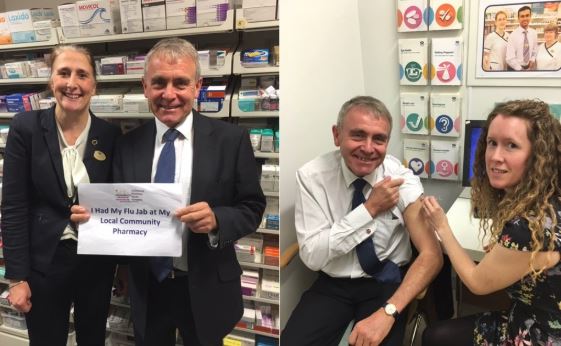New MDS guidance issued
The PSNC and the British Medical Association have written to all LPCs and LMCs highlighting the recent Royal Pharmaceutical Society report Improving patient outcomes: The better use of multi‐compartment compliance aids.
Most GPs and community pharmacists have experienced demands for multi‐compartment compliance aids from patients, their relatives and social care workers, to assist patients to use their medicines correctly. Following such demands there has often been little reflection as to whether that intervention improves patient outcomes – and the MCAs have been supplied almost on‐demand.
The Royal Pharmaceutical Society has considered the evidence base, which indicates that MCAs are not a panacea for medicines use, and that they should not automatically be the intervention of choice for all patients. Not all medicines are suitable for inclusion in MCAs and health and social care professionals should recognise that re‐packaging medication from the manufacturer’s original packaging may often be unlicensed and involves risks and responsibility for the decisions made.
With the lack of evidence of benefit to patient outcomes, it is a recommendation of the Royal Pharmaceutical Society that the use of original packs of medicines, supported by appropriate pharmaceutical care, should be the preferred option for the supply of medicines in the absence of a specific need for an MCA as an adherence intervention.
In response to this letter, North Yorkshire and Humber NHS England Area Team have issued a statement highlighting the established policy in each of the six Local Authority areas in the North Yorkshire and Humber area that domiciliary carers should administer medicines from original containers.
Both letters are available below:
Monitored Dosage Systems Letter to LMCs and LPCs re RPS document on MCAs 2013
Monitored Dosage Systems Letter to LMCs and LPCs re RPS document on MCAs 2013 The Administration of Medicines by Domiciliary Care Staff




